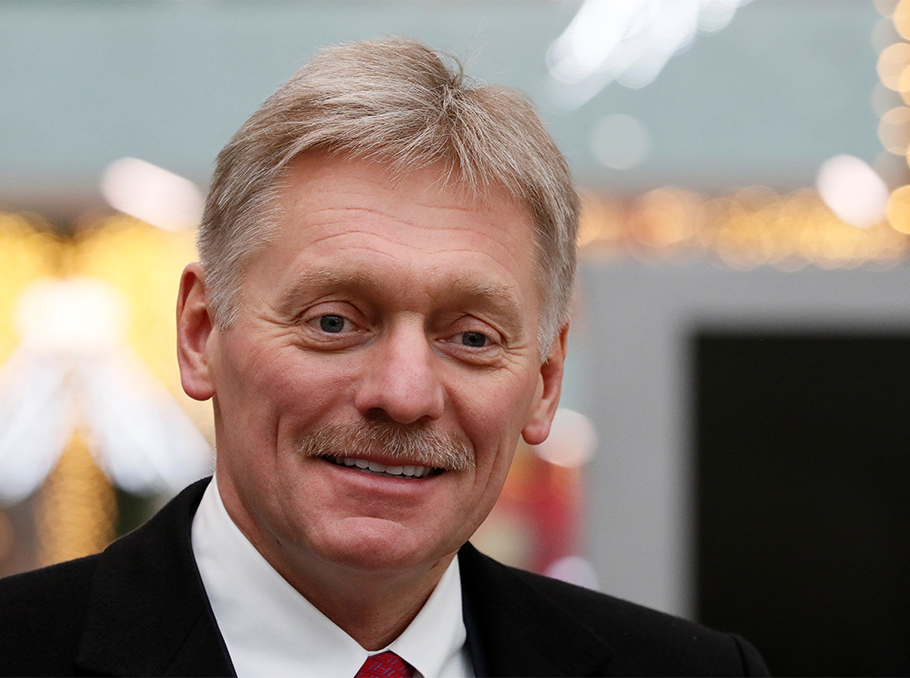Peskov Urges Respect for Russian Community in Azerbaijan to Strengthen Russia-Azerbaijan Relations

Respect and Recognition: Peskov Highlights Importance of Russian Community in Azerbaijan
Diplomatic Message from the Kremlin
Kremlin spokesperson Dmitry Peskov recently underscored the significance of ensuring that citizens of Russian origin are treated with dignity and respect in Azerbaijan. Addressing the state of Moscow-Baku relations, Peskov made it clear that the treatment of Russians in Azerbaijan is a core priority for the Kremlin. His remarks reflect overarching themes of national identity, mutual recognition, and the role of expatriate communities in complex bilateral relations.
Peskov’s statement comes during a nuanced and sensitive period for the two countries. While affirming that the partnership between Russia and Azerbaijan is built on a robust foundation and sustained by shared interests, Peskov acknowledged that both nations are navigating a challenging phase. He emphasized the principle that respect for each other’s citizens—Russians in Azerbaijan and the Azerbaijani diaspora in Russia—is fundamental to preserving the structure of these international interactions.
“Respect is a cornerstone of our relationship,” Peskov said, pointing out that Russians living in Azerbaijan deserve treatment that conforms to certain standards, just as the Azerbaijani community in Russia benefits from societal inclusion and legal protections. This focus on mutual respect plays a vital role in maintaining stability and fostering ongoing dialogue, especially during periods marked by diplomatic strain.
The Role of National Communities in Bilateral Relations
The historical connections between Russia and Azerbaijan are profound, influenced by centuries of social, cultural, and political ties. Large communities from both countries live as minorities in the other’s homeland, with the Russian-speaking community in Azerbaijan being a visible segment of society. Similarly, millions of ethnic Azerbaijanis reside across Russian cities, contributing to the local economy and cultural landscape.
For both governments, the treatment of these communities is not merely a domestic issue but a point of international concern. Peskov’s message aims to reassure Russians in Azerbaijan that their rights are monitored at the highest level. On the other hand, he also highlights to Azerbaijan that Moscow values the shared ties and expects the same level of consideration for its citizens, reinforcing the concept of reciprocal respect in international affairs.
This position takes on additional importance against the backdrop of recent events complicating Moscow-Baku dynamics. Diplomatic sensitivities, law enforcement activities involving diaspora members in both countries, and public reactions to high-profile incidents have all contributed to the current atmosphere. Yet, both sides state their commitment to constructive engagement, seeking to address emerging issues without undermining the foundation of partnership established over decades.
Reciprocity and International Standards
Peskov’s statement comes amid heightened scrutiny of the status and safety of national minorities in both countries. He emphasized that while the vast majority of the Azerbaijani diaspora in Russia are respected and abide by local laws, accountability is enforced where necessary. This explicit mention showcases a framework where law, social cohesion, and reciprocal recognition intersect.
Azerbaijan’s Russian community, similarly, has a historic presence and contributes to the multiethnic fabric of Azerbaijani society. Peskov’s remarks serve as a subtle reminder of international standards regarding the treatment of minorities and expatriate populations, which is a subject often monitored in global diplomacy.
Ensuring respect for Russians in Azerbaijan, Peskov suggested, is not only important for bilateral goodwill but also resonates with broader themes of human rights, social integration, and cross-border cooperation. This perspective aligns with the aspirations of both countries to uphold international obligations and to manage internal diversity while respecting the sensitivities of each other's governments.
Navigating a Sensitive Era in Russia-Azerbaijan Relations
Recent diplomatic developments have drawn attention to the fragile nature of the Russia-Azerbaijan relationship. Issues such as high-profile legal cases, the handling of airline disasters, and mutual demands for justice have placed considerable strain on intergovernmental communication. Against this backdrop, the emphasis on respect for Russian nationals in Azerbaijan is both a concrete policy message and a tool for diffusing tension.
Both countries appear committed to resolving current challenges through established channels and legal avenues. The importance of maintaining respect and understanding between populations remains a guiding principle, one that underpins broader security, economic, and cultural agendas.
Ultimately, the prominence of this message from Moscow points to a broader recognition: the well-being and dignity of expatriate communities are critical not only for bilateral stability but for upholding a region-wide ethos of coexistence and peaceful interaction. As the two nations seek pathways to renewed partnership, the principle of mutual respect for national minorities will continue to shape public discourse and policy direction.
